Sometimes when I reveal to straight female friends that I am biromantic, the response I receive is startling.
“Wish I was gay, yaar. Men are nothing.”
This isn’t a common experience, but on enquiring with my queer friends, it’s evident that this sentiment gets passed around enough. Women, specifically cishet women, often want to be gay, or profess their fatigue with het-ness.

A few years ago, fresh on the heels of a break-up and finding myself surrounded by queer friends, the enormity of my desire (or lack of it) disgusted me. I had hurt my partner as much as they had hurt me, but what I couldn’t move past were the mechanisms involved in a male-female partnership that everyone else seemed to expect of me. I was tired by the entire enterprise of being straight, of liking men, of feeding into popular narratives that surround a heteroromantic partnership.
Previously I’d had cishet men tease me about being into girls, but internalized homophobia or misogyny, kept me away from any such claim. Now I was finding myself in a host of negative emotions about what I had experienced, what I had subjected others to, about men in general, and this emotion to my relief was finding common expression with my friends, all female, all proclaiming “men are trash”.

We nodded in agreement and moved in tandem -- they are! None of us dated a single male-identifying person throughout college. When a therapist asked me if I was avoiding confrontation by not dating or “looking” for someone, deep annoyance filled me and I was moved to tears to tell her that the entire mechanism of liking a man was just not worth it. Indiana Seresin wrote a viral article in October 2019, where she extensively used, and defined, heteropessimism.
“Heteropessimism consists of performative disaffiliations with heterosexuality, expressed in the form of regret, embarrassment, or hopelessness about the straight experience.
Heteropessimism generally has a heavy focus on men as the root of the problem. That these disaffiliations are “performative” does not mean they are insincere but rather that they are rarely accompanied by the actual abandonment of heterosexuality.”

Women are dissatisfied with hetero-sexual/romantic couplings and often pessimistic at the prospect of dating men and of finding “the one”, and we often see it expressed online. There is a good reason for feeling skeptical about being heterosexual. Being straight might be more socially-acceptable, but it is increasingly coming into question with the advent of #MeToo and more vocal feminisms.
People are questioning what being in a relationship with a cishet person might mean, specifically with a cishet male. “Most forms of heterosexual coupling have been organized around men’s ownership of women (their bodies, their work, their children) rather than their attraction to, or interest in, women.”
There has been considerable work done that establishes romantic love as being a modern notion of heterosexuality rather than a composite feature. Historically, whether “love” was present or not, did not matter in heterosexual couplings, which served only to end in marriage and potentially the family-unit.

The notion of a traditional hetero-sexual/romantic coupling being a “miserable” one is something Jane Ward explores in The Tragedy of Heterosexuality.
“It appears to be perfectly acceptable for straight couples to share few interests, to belittle or infantilize each other, or to willingly segregate themselves during important moments in their relationships.”
Some of us in India might recognize the tropes she delineates right here in our culture-- Kapil Sharma jibes and Whatsapp jokes about wives making their husbands' lives miserable are shared; the notion that hetero-romantic/sexual couplings include strife is widespread, and often linked to notions of difference between genders.
These jokes reinforce the notion of the fundamental difference between cis men and women, and gender difference is the stick used not only to advertise commodities, but to legitimize wage gaps, domestic labour, sexual violence. While entire culture industries exist that profit on this binary presentation of genders, this also immediately erases other differences, namely trans identities.
Not only does “heteropessimism” as Indiana Seresin talked about it exclude trans people, it also does not address the possibility of abuse within queer relationships, ostensibly seen as “equal”.
Unequal/abusive dynamics in relationships is not a feature of heteronormative couplings only. Indiana Seresin’s article does not acknowledge outright, but indirectly talks about cishet men only. When trans people are mentioned, they are talked about only in terms of their bodies.
She is only acknowledging the structures of power that cishet men possess. What she is addressing is simply the issue of cishet women dissatisfied with their lot in life. It is important to delve into this is because, as Yuhe Faye Wang in her article Heterosexuality and its Discontents says, “The problem is not that heterosexuality persists, it’s that heterosexuality still operates as a fundamental site of social organization.”

Ours in India is a rampantly widespread heterosexual culture. Here, building positive models of heterosexuality, and learning that being queer is not a monolithic, happy, equal experience, becomes important.
While it is true that one experience supersedes, by acknowledging diversity of experience we can move on from simplistic statements of “Wish I was gay, yaar” which might be distressing for a queer person to hear. At a time when issues as basic as denying same-sex marriage and limitations of rights of same-sex partnership are rampant in our country, something like heteropessimism takes a backseat.
However, what it points towards – issues of positive hetero-romantic/sexual coupling, the power afforded to cishet men by virtue of their hierarchical position in society, become pertinent in our discussions of gender and sexuality.
These are fundamentally feminist issues. Tackling the complex issue of what being heterosexual might consist of reveals a myriad set of experiences that are plagued with sadnesses and misunderstandings.
The next time your friend says “Wish I was gay, yaar” ask them “But do you actually?”. Do they? The tricky part occurs when someone does wish they were queer, as I did ardently once, except never voicing it because of the peculiar shame that came with belonging to the privileged identity of being straight.
I was disdainful and judgmental of “questioning” friends, thinking of sexuality as being something you either knew or you didn’t, keenly aware that if I revealed this jumbled mess of feelings to a queer friend I could potentially be hurting them with my history of heteronormativity.
Without dismissing “heteropessimism” as entirely vacuous, we have to understand that sometimes these performative disaffiliations are truly genuine, as it was for me, as it can be for anyone else. The short answer to the question " Would I be happier if I was gay” is "no".
Context is always key -- my annoyance at the friends who said they were “questioning” is valid, those who do question are valid. Everyone has a history of circumstance. This is just a realm of experiences.
As Indiana Seresin said, these are performative disaffiliations, all they do is point towards a feeling. Unlike Seresin, who thinks this feeling leads nowhere, I argue this feeling can lead us anywhere. Despite what she would have us believe, this feeling has led me, as it has led so many others, to realizing who they are, and what they want from a partner.
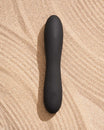
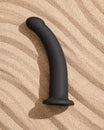

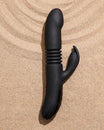
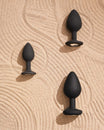
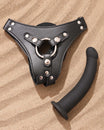
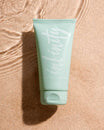



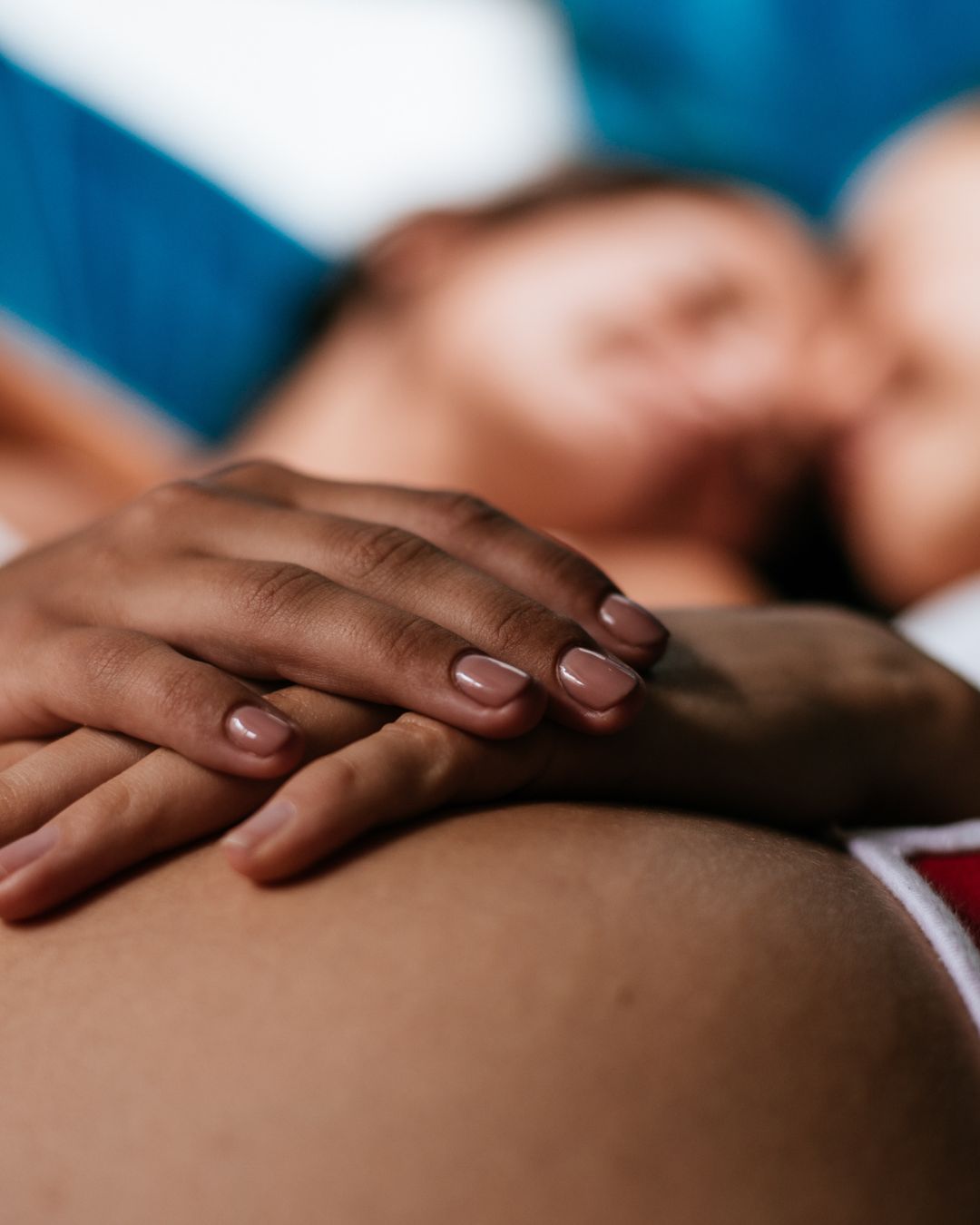
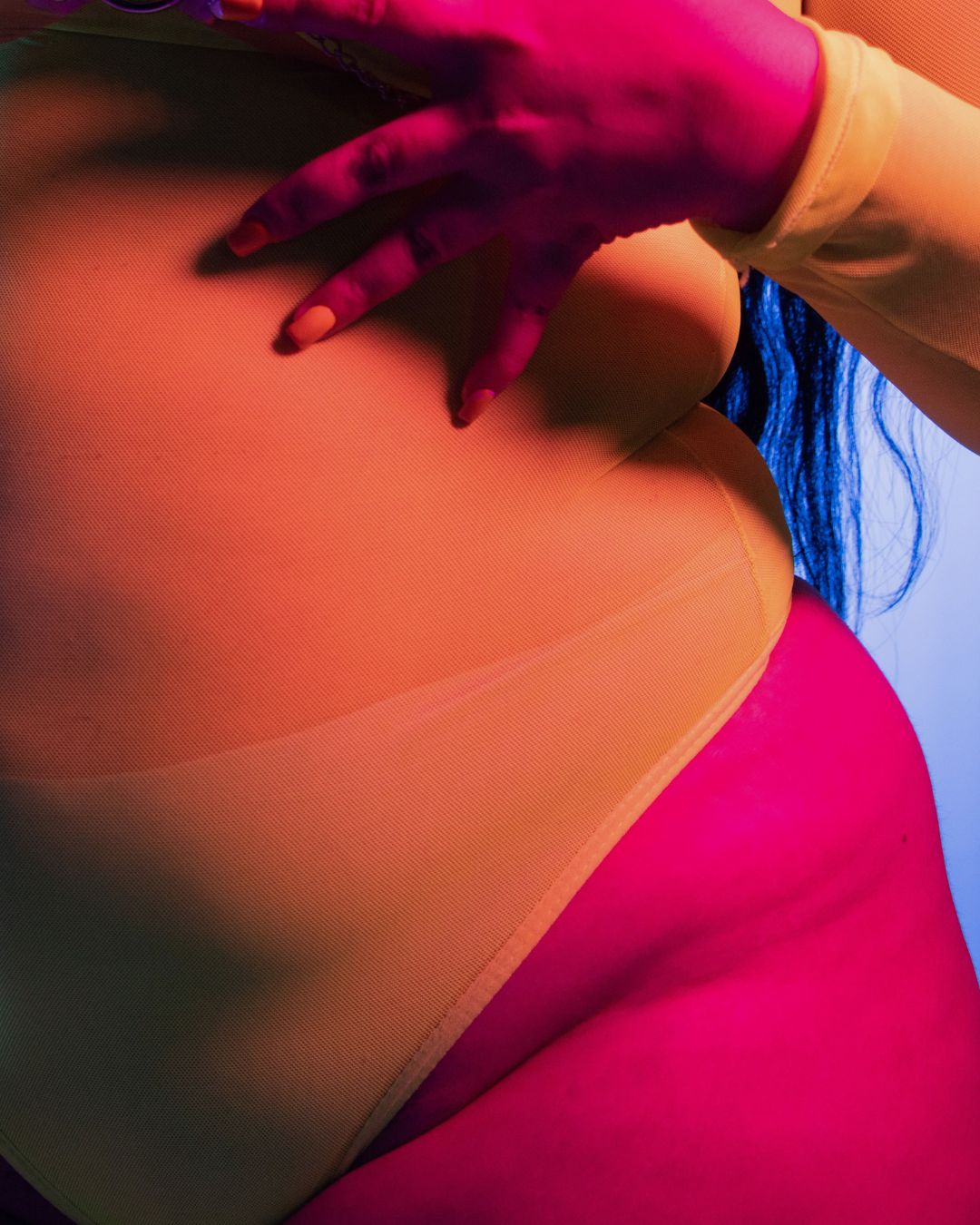

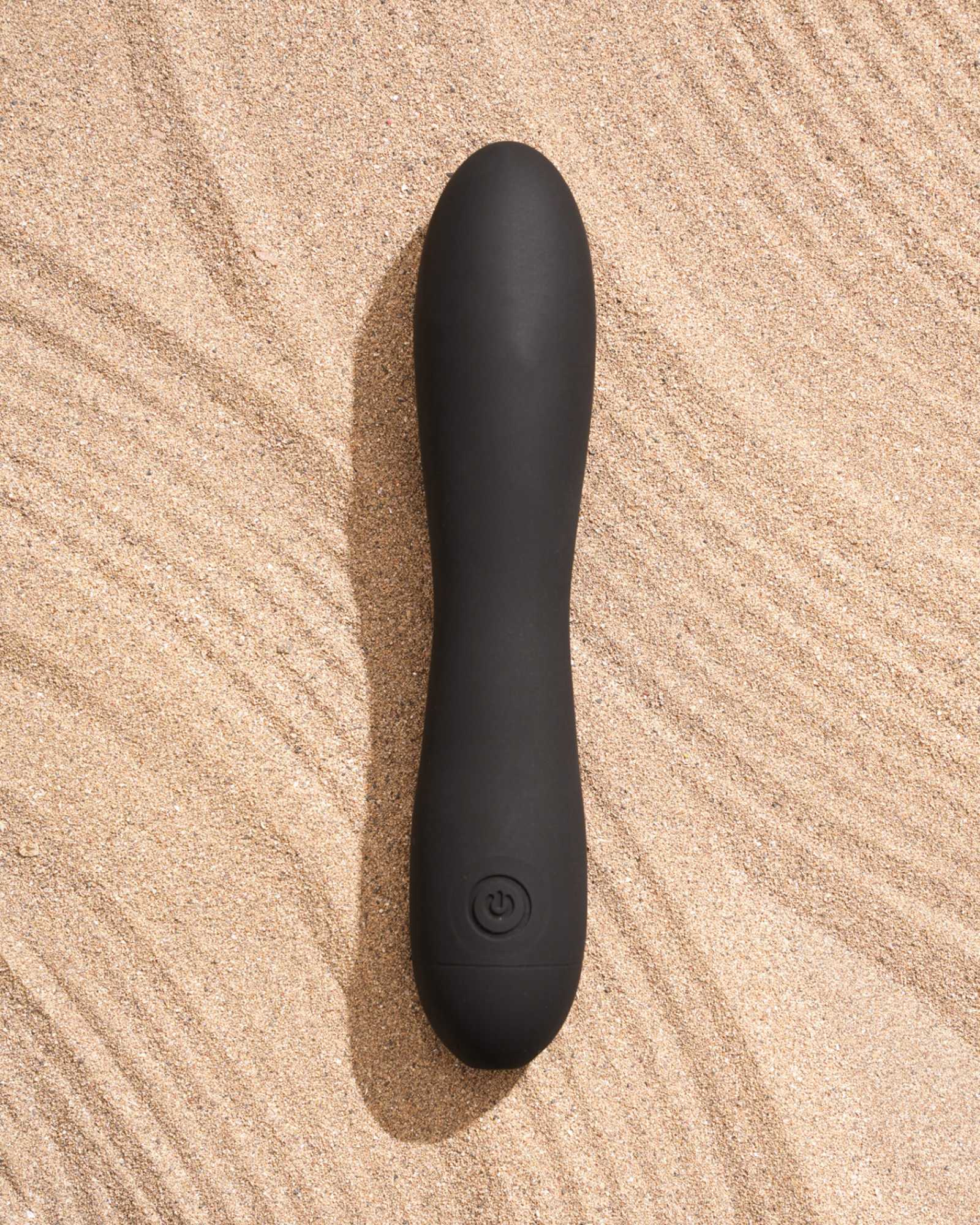
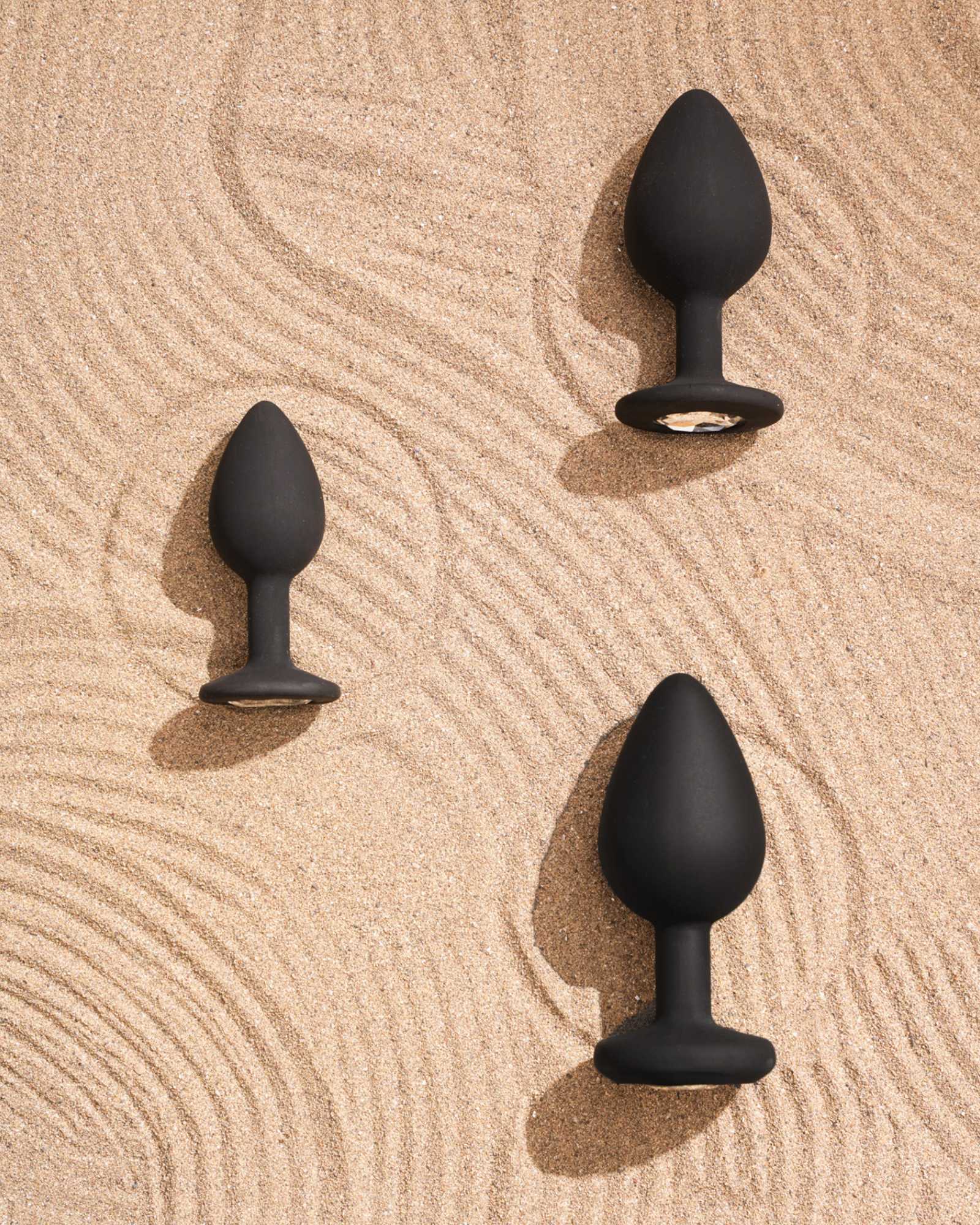
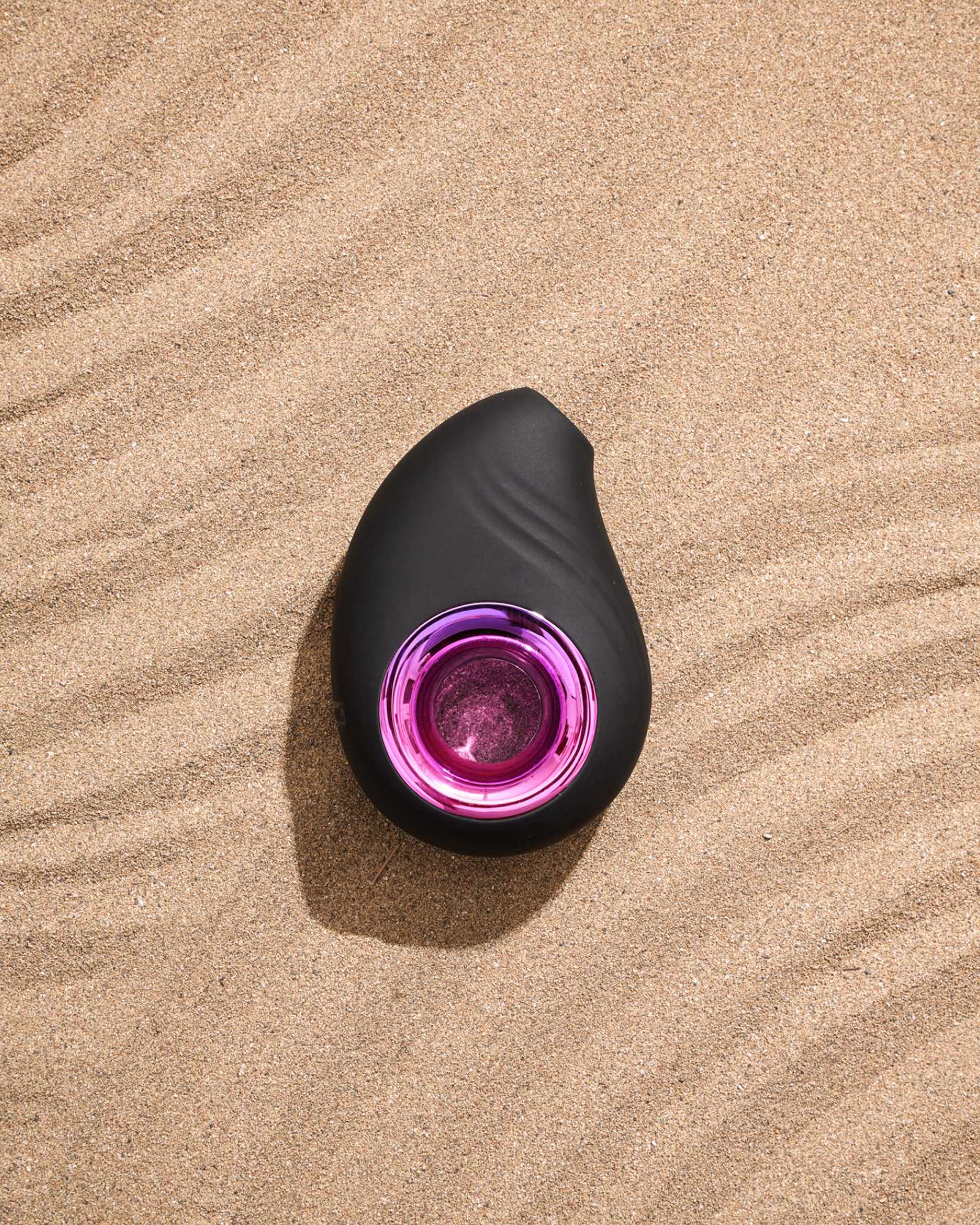
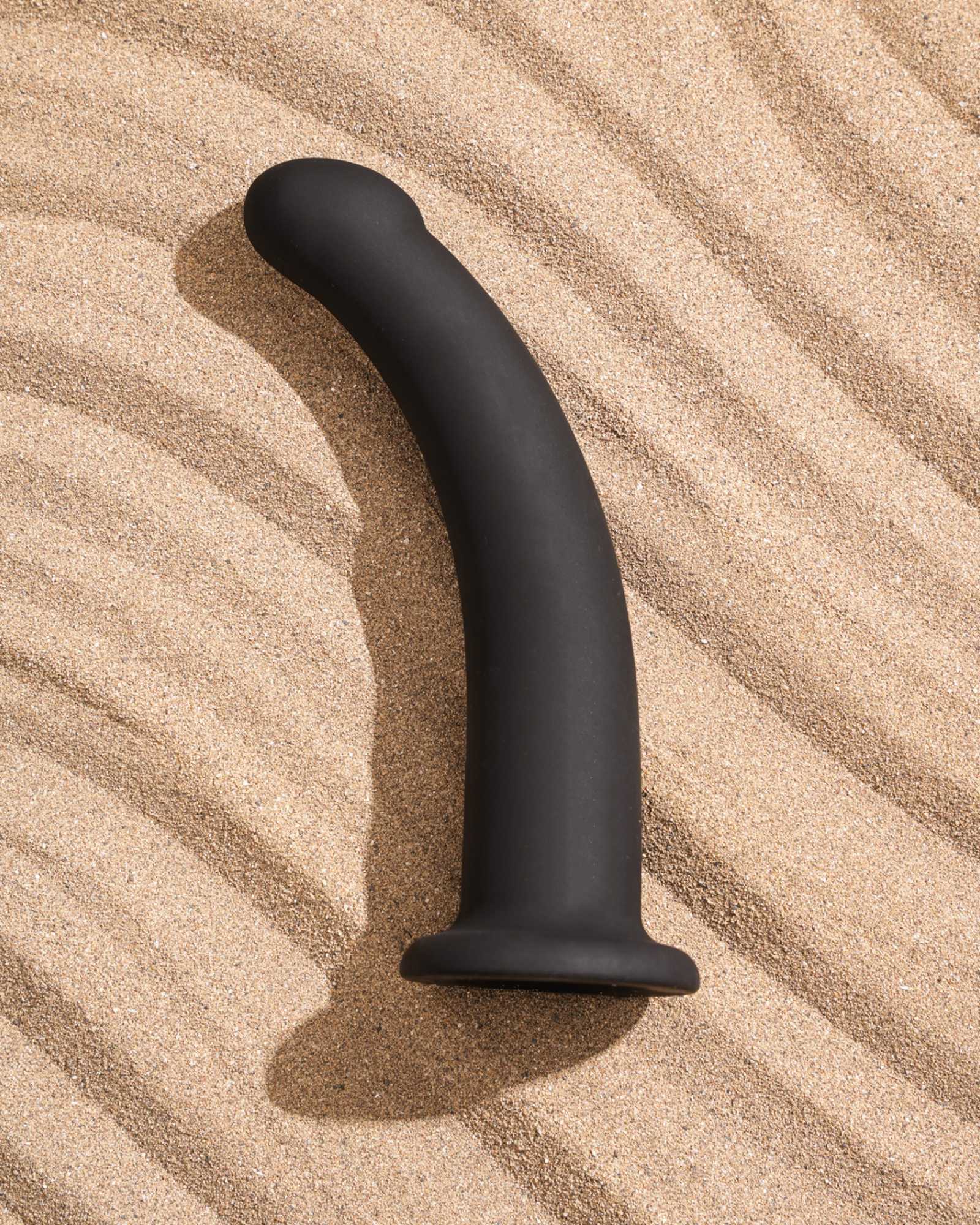
Leave a comment
This site is protected by hCaptcha and the hCaptcha Privacy Policy and Terms of Service apply.